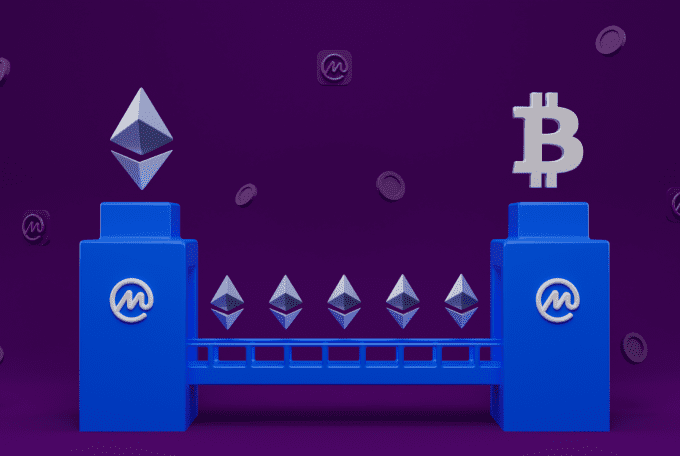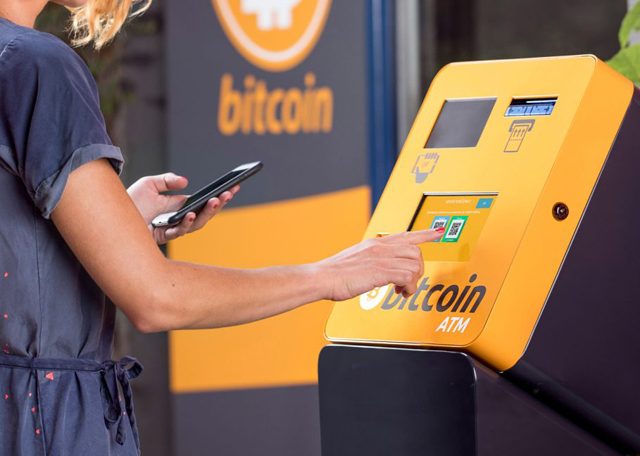In recent years, LINK (LN) has gained significant popularity among cryptocurrency enthusiasts, investors, and traders. LINK is an ERC-20 token that powers the Chainlink decentralized oracle network.
The Chainlink network provides secure, reliable, and tamper-proof inputs and outputs for smart contracts, allowing them to connect with real-world data and systems.
But what are the key features of LINK that make it stand out from other cryptocurrencies? Let’s take a closer look. If you are curious about cryptocurrencies, exploring the relationship between cryptocurrency and renewable energy can provide valuable insights into the intersection of these two fields.
Decentralized Oracle Network
The most significant feature of LINK is its decentralized oracle network. Oracles are essential for smart contracts to execute their functions based on external data or events. However, centralized oracles are vulnerable to hacking, data manipulation, and downtime.
The Chainlink network solves this problem by using a decentralized oracle network composed of thousands of independent nodes that retrieve, verify, and deliver data to smart contracts in a secure and transparent manner.
Interoperability
Another key feature of LINK is its interoperability with other blockchain networks and systems. The Chainlink network can connect with multiple blockchains, including Ethereum, Binance Smart Chain, Polkadot, and others.
This interoperability allows smart contracts to access data and services from various sources, such as APIs, databases, IoT devices, and legacy systems. Moreover, the Chainlink network supports cross-chain communication, enabling smart contracts to trigger actions and events across different blockchain networks.
Reputation System
The Chainlink network has a reputation system that incentivizes node operators to provide accurate and timely data to smart contracts. The reputation system uses a combination of staking and penalties to ensure that nodes behave honestly and reliably.
Nodes that provide incorrect or delayed data may lose their reputation score and staked tokens, while nodes that consistently provide accurate and timely data may receive more requests and rewards from smart contracts. The reputation system improves the quality and security of the Chainlink network, making it more attractive for developers and users.
Tokenomics
LINK has a unique tokenomics model that supports the Chainlink network’s functions and incentives. The total supply of LINK is limited to 1 billion tokens, with around 430 million tokens in circulation. Nodes that operate on the Chainlink network must stake a certain amount of LINK tokens to participate in the network and receive rewards.
Moreover, developers who use the Chainlink network to access data or services must pay a fee in LINK tokens to node operators. This fee serves as an incentive for node operators to provide reliable and high-quality services to developers.
Adoption and Partnerships
Finally, LINK’s key feature is its adoption and partnerships with various blockchain projects, companies, and institutions. The Chainlink network has integrated with several DeFi protocols, such as Aave, Synthetix, and Compound, to provide reliable price feeds and other data.
Moreover, Chainlink has partnered with leading technology and finance companies, such as Google, SWIFT, and Oracle, to explore the potential of decentralized oracles and smart contracts. The adoption and partnerships of LINK increase its visibility, credibility, and utility, making it a promising investment and trading asset.
Conclusion
In conclusion, LINK has several key features that make it a unique and valuable cryptocurrency in the blockchain ecosystem.
The Chainlink network’s decentralized oracle network, interoperability, reputation system, tokenomics, and adoption and partnerships provide significant advantages for developers, users, and investors. As the demand for secure and reliable smart contract infrastructure increases, LINK is likely to play a more significant role in the decentralized finance (DeFi) and Web 3.0 landscape.





